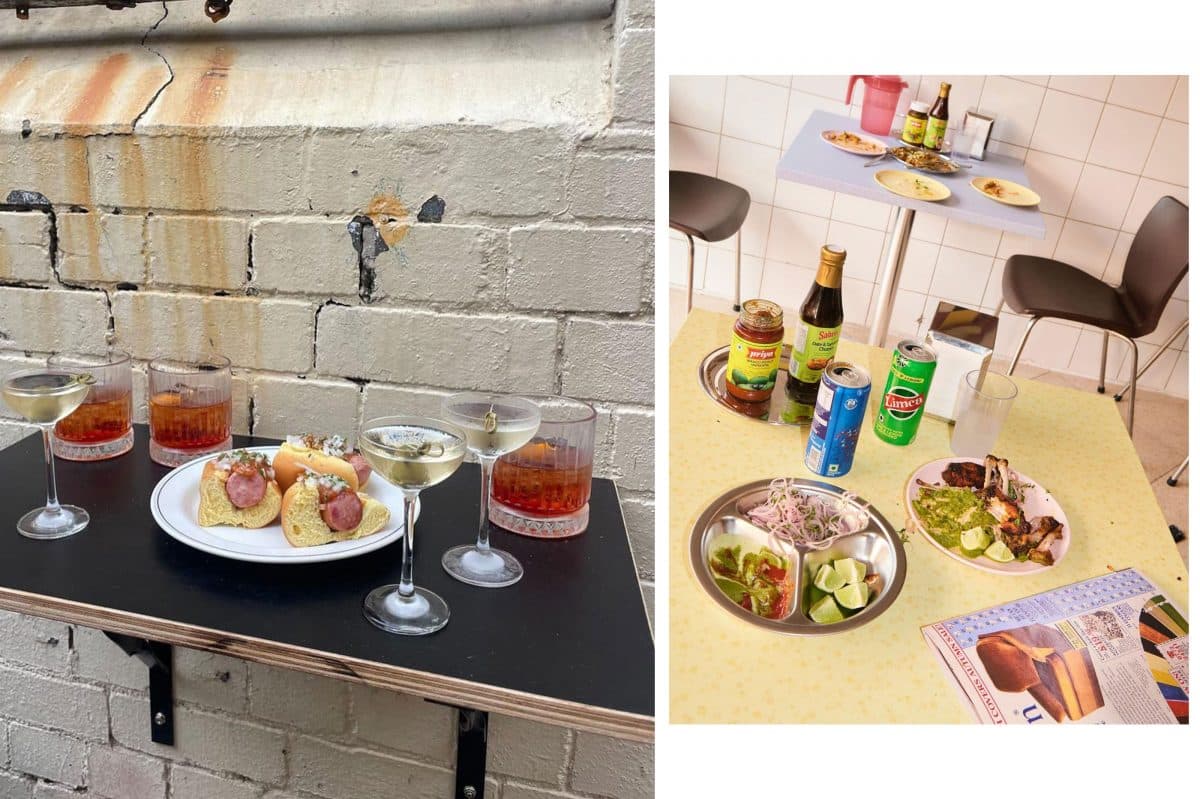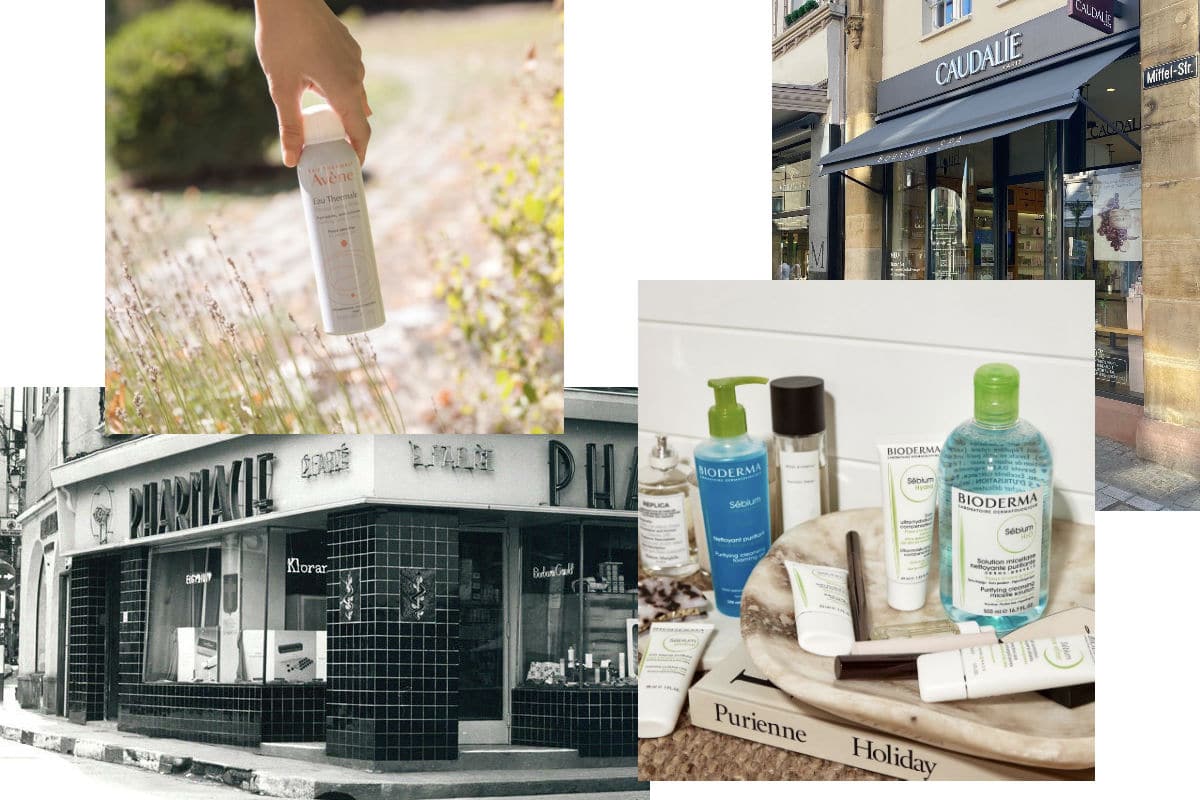
Does your skin lack hydration, seem underwhelming or just a little off? Perhaps your gut health is to blame. The skin is the body's largest organ and when it's upset on the outside there's usually something sinister going on the inside, and most likely within the gut.
What's going on in there anyway?
Our guts are responsible for absorbing nutrients from our food. They are lined with microvilli, which can best be described as 'jazz hands'. These jazz hands wiggle about, pulling in nutrients that have been broken down from our food in our guts. Whilst absorbing they also filter out toxins or larger food pieces.
What happens when it's inflamed?
When we have inflammation in our guts, these jazz hands (microvilli) become stunted. Try folding your fingers in to the first knuckle and attempting to wiggle your fingers. It doesn’t have quite the same effect, right? Now, imagine this taking place inside your gut. Because there's less surface area, less nutrients are absorbed. And if you aren’t absorbing nutrients then your skin is going to suffer, big time.
How do you know if your gut is part of the problem?
Common symptoms of gut inflammation include:
- Bloating and / or abdominal pain
- Loose stools, constipation or alternating between the two.
- Consistently low iron levels (anemia)
- Eczema
- Unexplained fatigue
- Excessive gas
Healing your gut doesn’t need to be complex. As a starting point try the following ...
Reduce your intake of sugar, as this causes bad bacteria to proliferate and reduces that amount of good bacteria.
Use a food diary to identify what foods upset your stomach. Remove these foods for one month, then slowly reintroduce and monitor symptoms. If you have a flare up, you may need to limit your intake.
Go slow on the booze - 80 per cent of the alcohol you consume is absorbed in your small intestine. Drinking more than six standard drinks a week begins to damage your microvilli.
Increase your intake of prebiotic fibre. A prebiotic fibre is a type of fibre that feeds good bacteria. Yes, taking a probiotic may not be enough - you need to feed that bacteria to keep it thriving. Prebiotic foods include garlic, onions, leeks, bananas, asparagus, oats, apples and flaxseeds.
Try some collagen. Collagen powder is everywhere now, and for good reason. Collagen is a protein within our body, one that we can actually make ourselves, and is responsible for building connective tissue. While research is still out as to what affect collagen powder has on the gut overall, several studies have shown it increases the elasticity and hydration of the skin.
Chloe Wilkinson is a Clinical Naturopath specialising in all things skin. Sign up to her online Skin School Masterclass launching soon.



